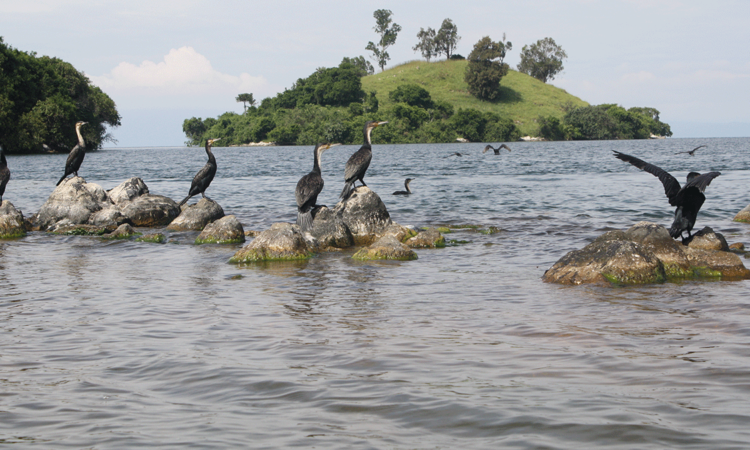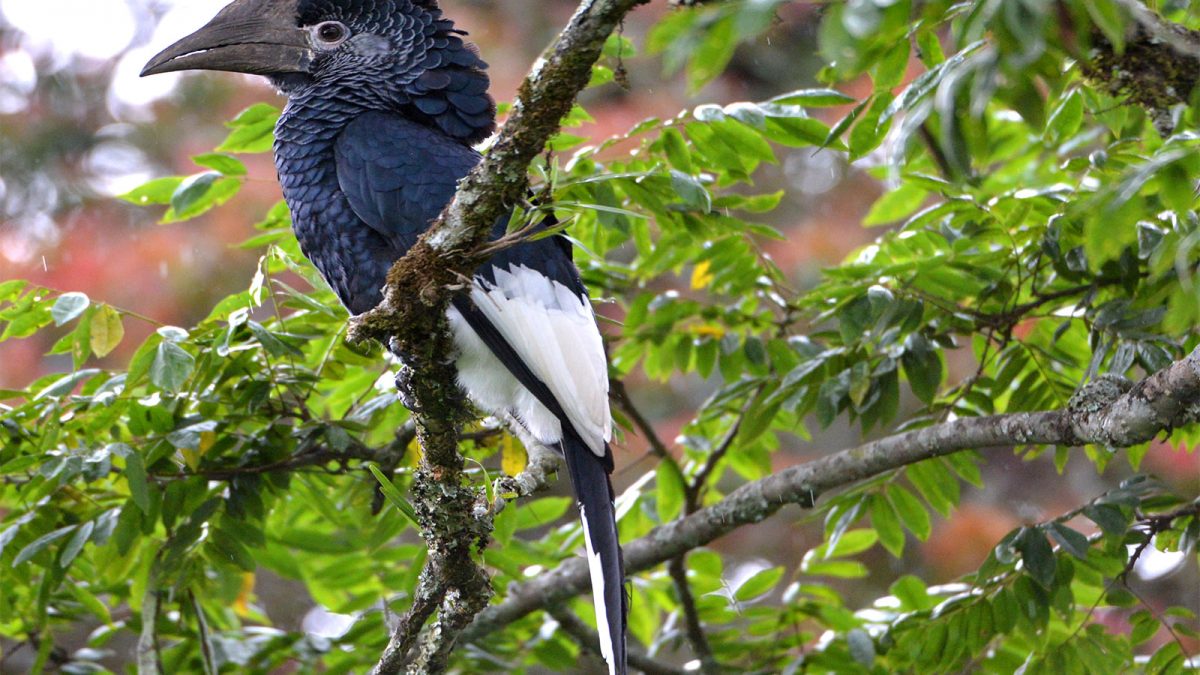Bird Watching in Rwanda’s Nyungwe Forest and Lake Kivu : Bird watching in Rwanda’s Nyungwe Forest and Lake Kivu is a rewarding experience. With over 300 species of birds, the area is a paradise for birders. In this comprehensive guide, you will learn about the best spots for birding in the region, what equipment to bring, and how to make the most of your time there. You will also get an overview of the different species found in Nyungwe Forest and Lake Kivu, as well as tips on how to identify them. Whether you’re a beginner or an experienced birder, this guide will provide you with all the information you need to make your bird watching experience in Rwanda an unforgettable one.

Rwanda is a small country in East Africa with an abundance of unique wildlife, making it a paradise for bird watchers and nature lovers alike. From the lush Nyungwe Forest to the tranquil Lake Kivu, Rwanda offers visitors a chance to observe some of the most interesting endemic bird species in the world. In this article, we will explore Rwanda’s unique wildlife and discover why it has become one of Africa’s most sought-after destinations for bird watching. We will also discuss some of the best spots to observe these beautiful birds and other wildlife in Rwanda, as well as what you can expect when visiting this amazing country.
Nyungwe National Park is one of the best spots for bird watching in Rwanda. It is home to over 300 species of birds, making it a paradise for birdwatchers. The park is also home to some endangered species, such as the Grauer’s Swamp Warbler and the Shelley’s Crimsonwing. Nyungwe Forest offers a variety of habitats that are perfect for bird watching, including wetland areas, grassland savannahs, and dense forested areas. Bird watchers can look out for some of the most beautiful birds in Africa, including the African Grey Parrot and Crowned Eagle. There are plenty of opportunities to spot rare species as well as common ones. The park also offers guided tours and educational programs that can help you learn more about these amazing creatures.
Lake Kivu is one of the most diverse avian habitats in the world. It is home to over 400 species of birds, ranging from small passerines to large waterfowl. Birdwatching in Lake Kivu is a popular activity and provides a unique opportunity to observe some of the rarest species on earth. This article will explore the rich avian diversity that can be found in Lake Kivu, as well as provide tips for birdwatchers looking to explore this amazing ecosystem.

Birds have inhabited the region surrounding Lake Kivu since the time of dinosaurs. Today, these birds primarily inhabit the surrounding forest and savannahs. As climate change models predict a warming trend throughout Africa, many species of birds are predicted to shift their range northwards or towards other regions as they adjust to climatic changes. It is possible that this could also lead to greater bird diversity in unexplored parts of Africa such as Lake Kivu. The Lake Kivu region is home to over 400 species of birds, ranging from small passerines to large waterfowl. Some of the most common species in the region are White-breasted Cormorants, Pied Kingfishers and Osprey. The birdlife at Lake Kivu is also diverse as there are no fewer than 10 endemic species found here!
Bird watching in Rwanda is an incredible experience that offers a unique opportunity to observe some of the world’s most exotic birds. With its diverse habitats and large number of bird species, Rwanda is a great place for birders of all levels to explore. Knowing the best time to go bird watching, what equipment and supplies to bring, and where the best spots are located can make your trip more enjoyable and rewarding. With these tips in mind, you can prepare for an unforgettable bird watching adventure in Rwanda!
The best time of year to go bird watching in Rwanda is from October-February. The dry season is from March-September, and at this time you can expect the most variation in the number of species that you will see. There are a number of other factors that you should consider when planning your trip, such as the weather and obstacles that might make bird watching difficult during your visit. Do not forget to bring your favorite binoculars and a container for carrying water, just in case. While it’s always recommended to be prepared for any situation, being prepared for a wet season trip has more benefits than just being able to enjoy more birds!


